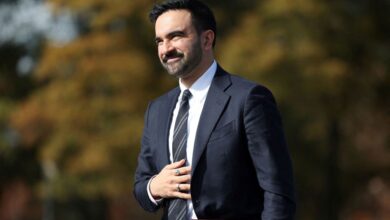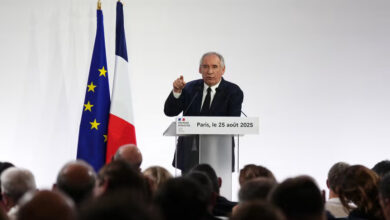Washington–The White House expressed disappointment in Egypt’s decision to extend a controversial emergency law for two years and is calling for it to be replaced with a promised counterterrorism measure that would protect Egyptian civil liberties.
In place since 1981, the law gives the Egyptian police broad powers to arrest people and to hold them indefinitely without charge. Egypt has said it would only use the law in counterterrorism and counternarcotics cases, but human rights activists have warned that the law will continue to be used to suppress dissent.
White House press secretary Robert Gibbs said Tuesday that even the revised law gives the Egyptian government extraordinary powers to restrict the rights of its citizens.
Secretary of State Hillary Rodham Clinton also criticized the extension of a “state of emergency” in Egypt. A statement issued in Clinton’s name said the extension ignored “a broad range of Egyptian voices” seeking an end to the emergency. Critics of the declaration charge that it’s used by the government to suppress dissent.
Clinton welcomed a suggestion in the Egyptian statement that the government would work to enact counter-terror legislation to allow lifting of the state of emergency.
That “would be a step forward if it means greater protection of civil liberties for Egyptian citizens in practice,” she said.
Egyptian President Hosni Mubarak had promised in 2005 to replace the Emergency Law with a new counter-terror legislation, but members in the ruling National Democratic Party (NDP) have said that they are still debating the articles of such law.
Experts say that President Barack Obama’s administration, unlike his predecessor, has not been pushing for Egypt to pursue political reforms, resorting to what they label as a traditional US Middle Eastern policy of endorsing stability over democratization.
US officials, however, have said in previous months that any transfer of presidential powers in Egypt must be completed through free and fair elections, a position some believe that it favors the candidate of the ruling NDP.
According to the current Constitution, any independent candidate must garner the support of at least 250 members of Egypt’s elected bodies to be eligible to running for presidency, a condition that is virtually unattainable to any of the country’s opposition forces including the Muslim Brotherhood.
The 2007 constitutional amendments also stipulate that any potential presidential candidate must be a leading member for at least one year in his party to be allowed to run for the highest executive post which would technically disqualify any military officer from running.
Observers believe that Mubarak, who turned 82 last week, is grooming his younger son–Gamal—to take over in the upcoming presidential elections slated for late 2011, although both men deny that.




